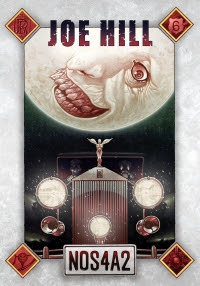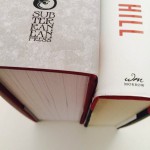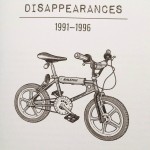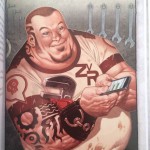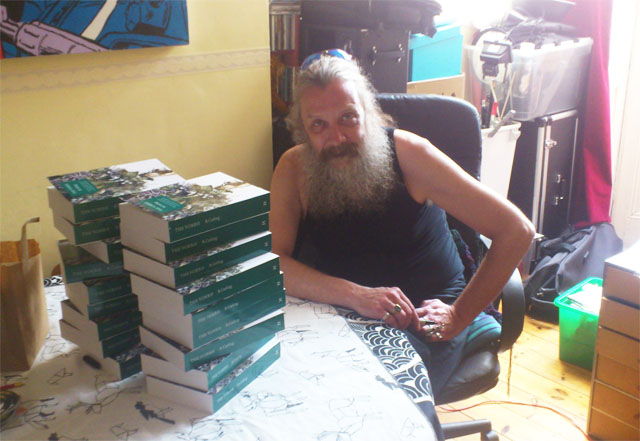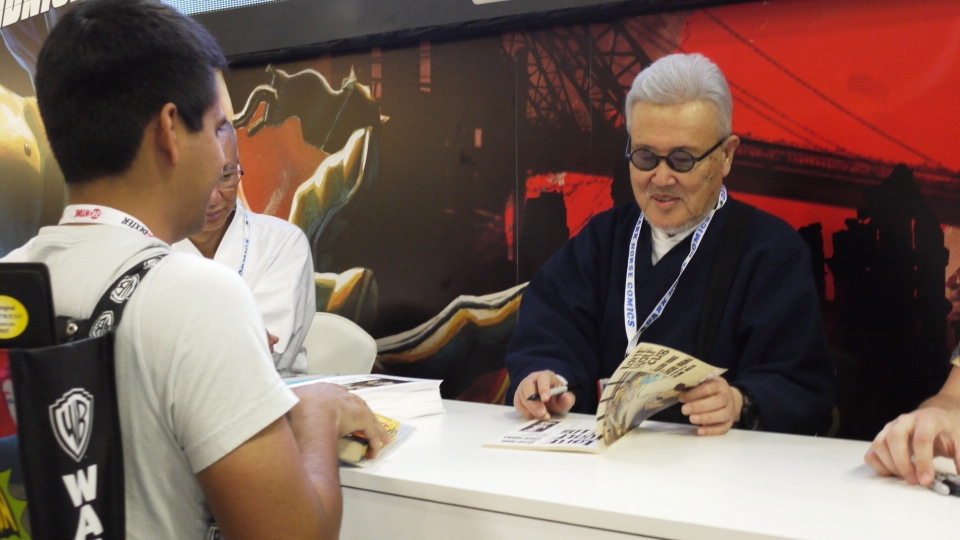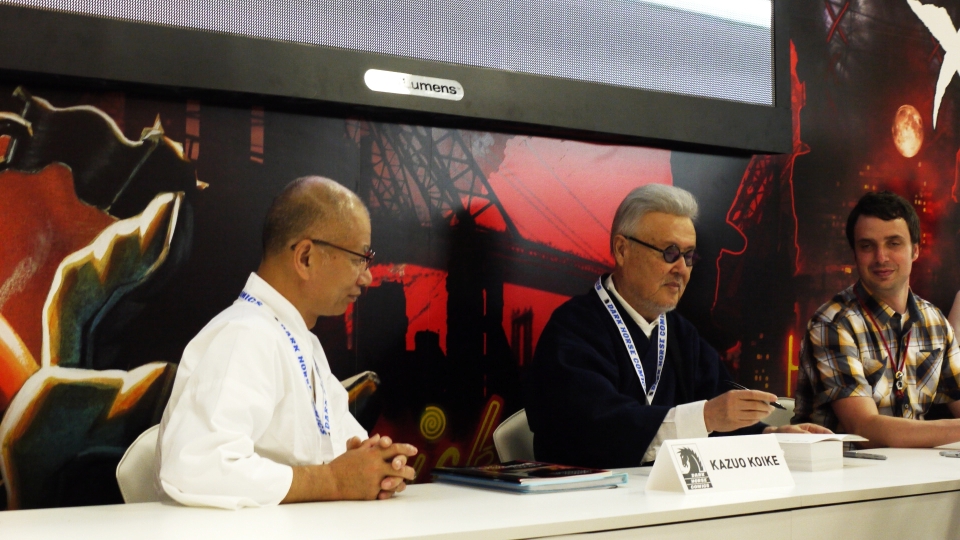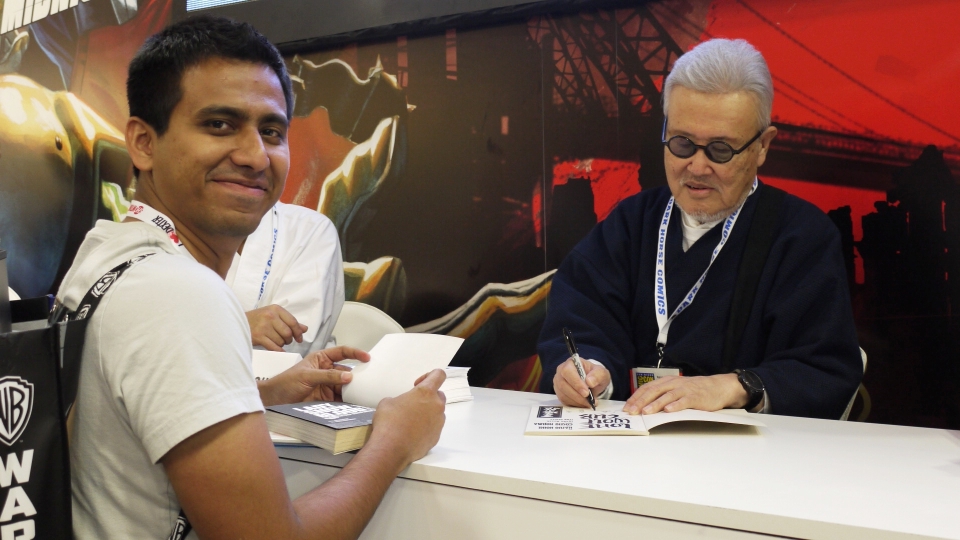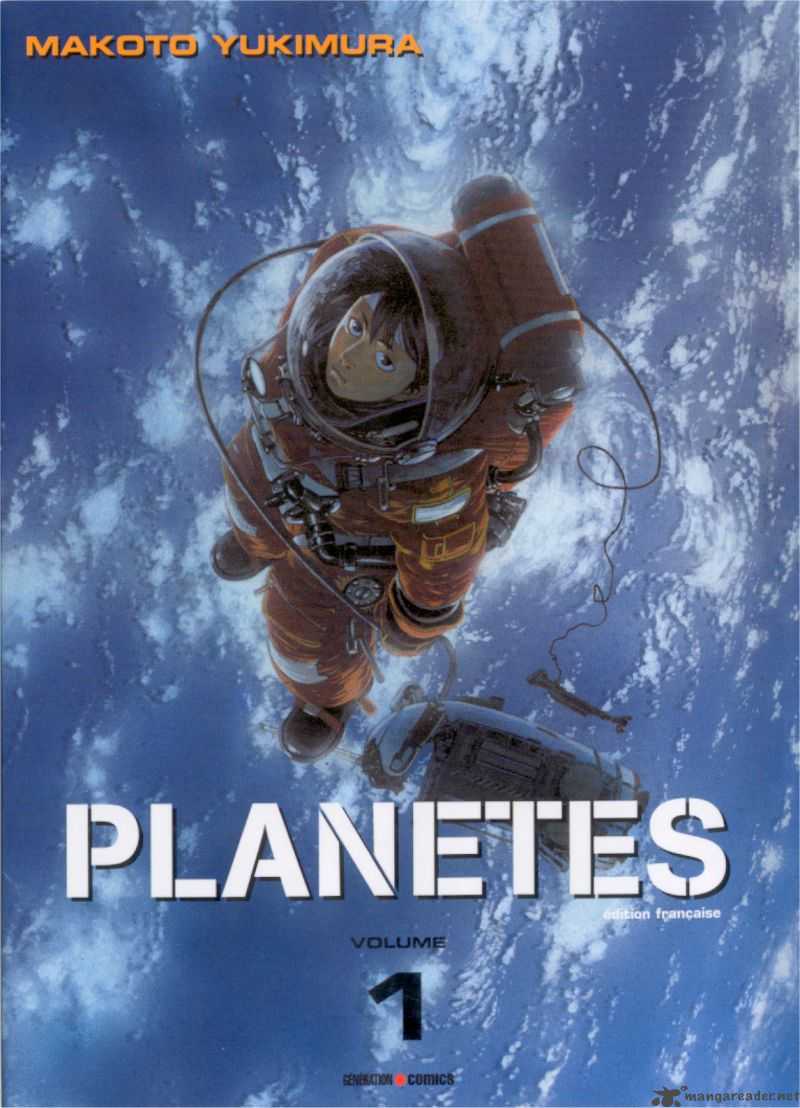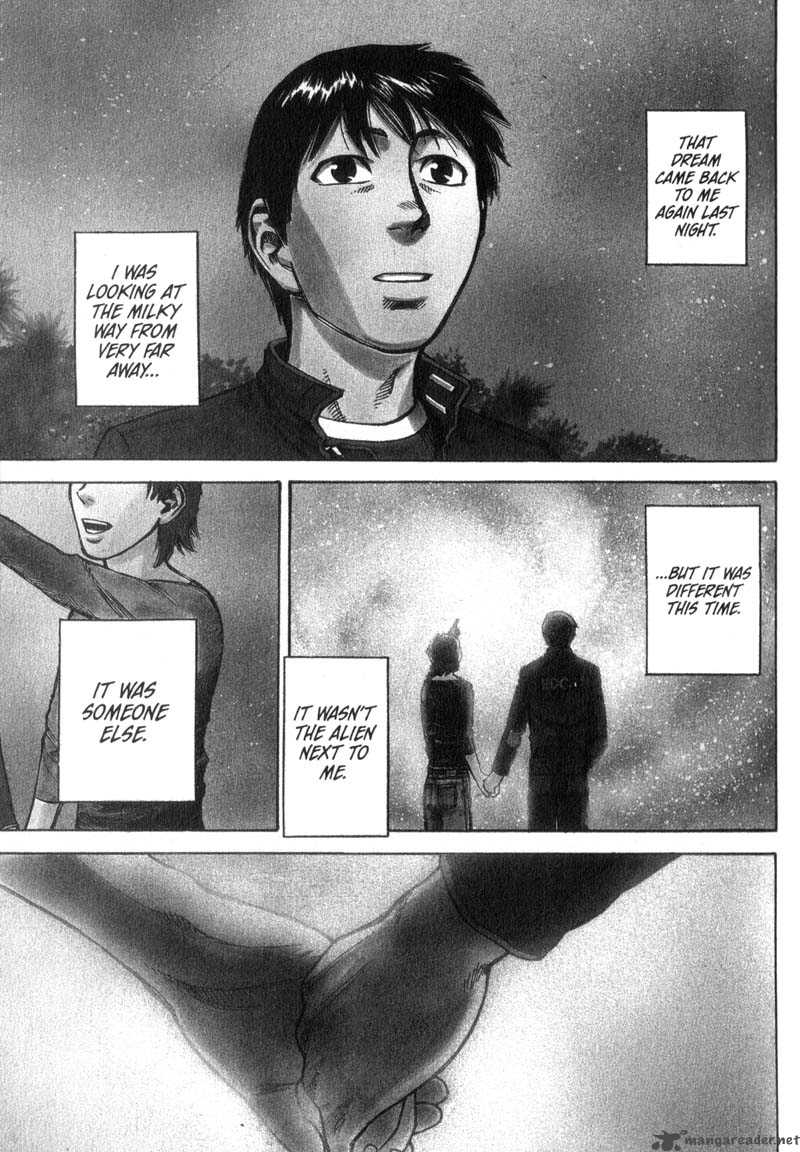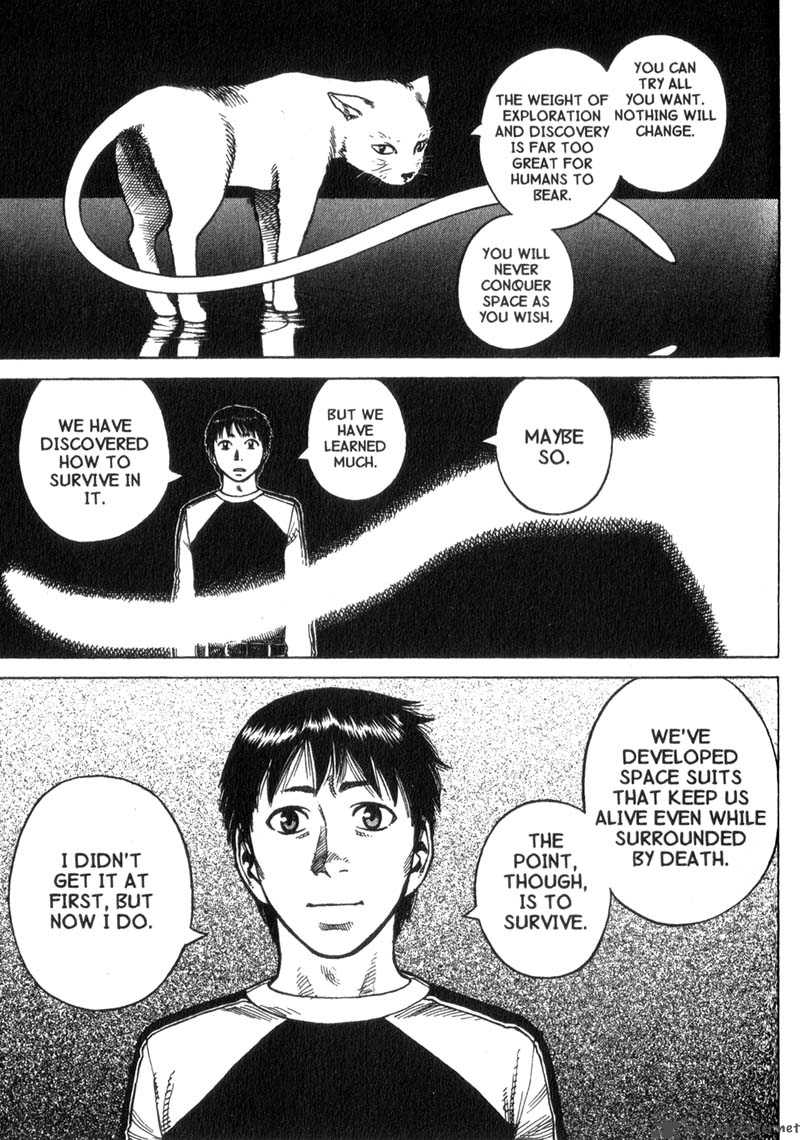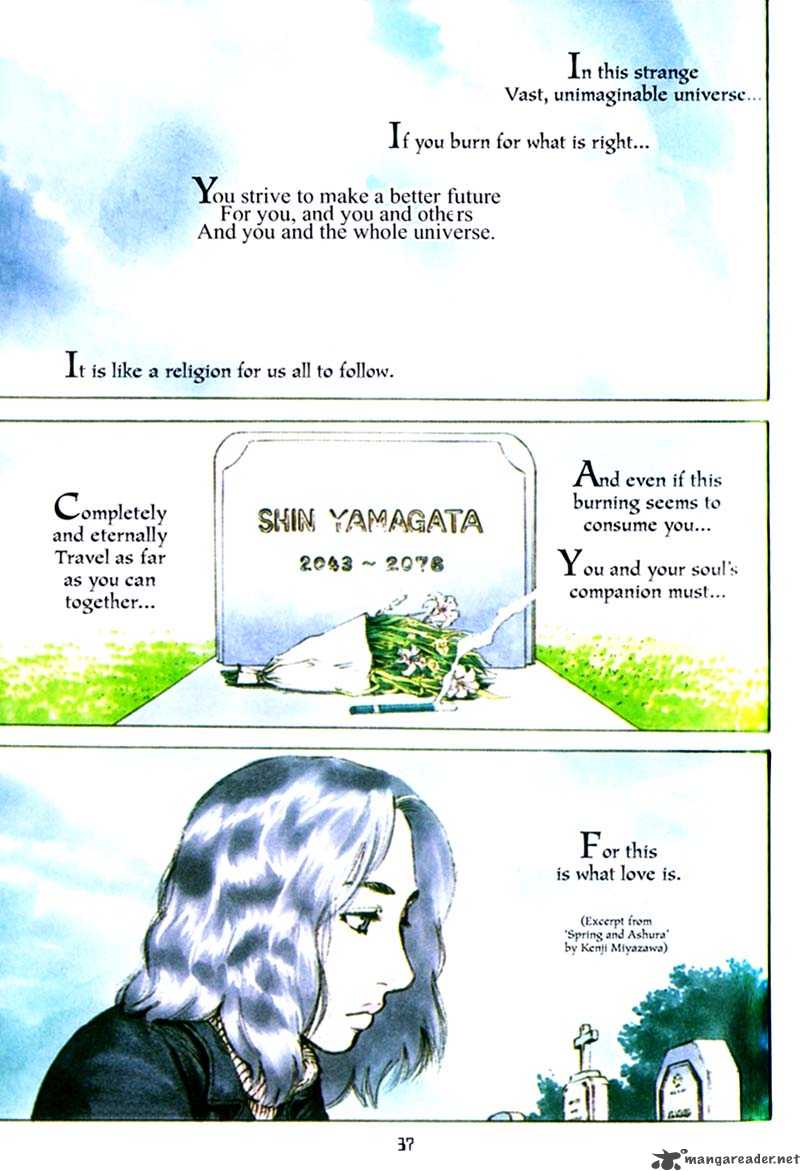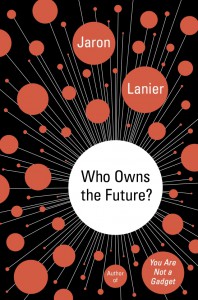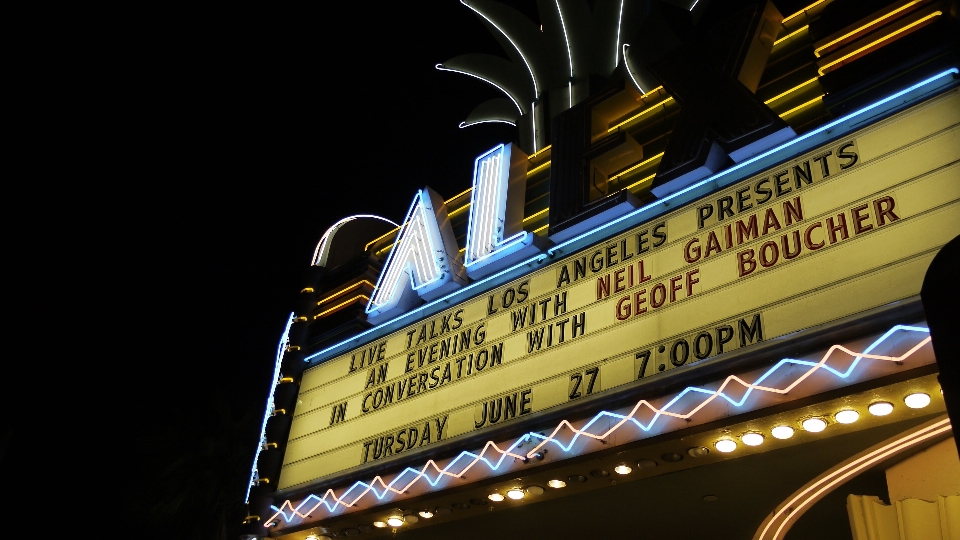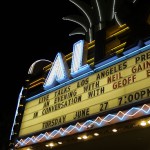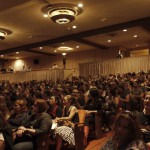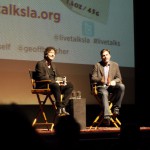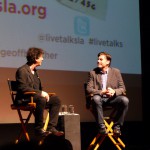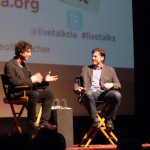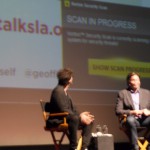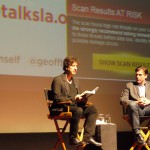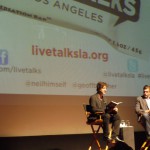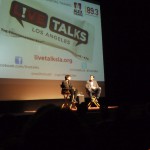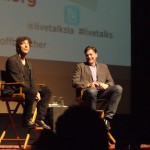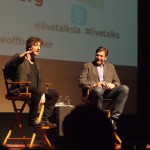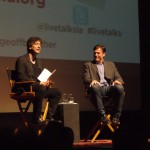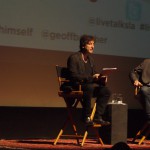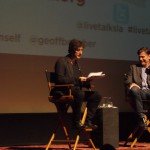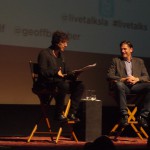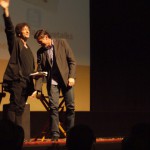You know, I had never attended a Neil Gaiman signing before. Events, yes, two of them, in fact, but I did not have a car back then and waiting in line to get stuff signed and run the risk of missing my last bus on a weeknight did not appeal to me. Last Thursday, at Alex Theater in Glendale, I attended my first Gaiman signing. It lasted till 2:40 AM, they say. I was in the first few rows on account of having gotten a premium ticket, and I headed out of the auditorium at 11:15 PM. Despite the lack of a lunch and a dinner, and various other adventures during the day, I felt great. And more than a little sorry for both Neil Gaiman and his legions of fans, who had stood in line around the block for about six hours, and sat in their seats, patiently, as the ushers invited them up on the stage row by row. It is not without reason that the man is called the most hardworking author in the business – he has earned his legions of fans not only by his writing, but also by the remarkable respect he shows to the people who come to see him at one of these events.
And what a bunch of people! To my right was a lady clutching a hardcover of Fragile Things, who held the guy next to her very close and said “my boyfriend is the best boyfriend in the world, he got us these excellent tickets and surprised me”. I could see she meant it too. On my right was a teenage boy, his teeth in braces, a nervous smile on his face. I met him when he was standing around at the reception, looking lost, an awkward smile on his face. “Go and say hi to Neil”, I said to him. “No”, he replied. “I am not interesting enough.” We were among the last of the premium ticket holders to go in, and consequently ended up sitting together. There was the comics crowd, holding their mylar-enclosed copies of Sandman #1 and Black Orchid close to their bodies; excited Whovians; the dressed-up-in-their-Sunday-best-on-Thursday crowd, white-haired couples sitting next to teenagers – holding Gaiman books and hands. Eyeliner and designer tattoos, summer hats and flower-patterned dresses, black suits and Neverwear t-shirts, I looked around the theater and it felt glorious.
“You are a very clappy crowd”, Neil began, as the opening applause died down. The conversation with Geoff Boucher began with a discussion about a writer’s need for applause, the desire to evoke reactions from his viewers. Neil spoke about the best crowd reaction he had ever gotten, at a reading of a chapter in The Graveyard Book when he stopped at a crucial point in the story. This was followed by long, insightful conversations about things such as how personal and truthful Ocean was (“it is a mosaic that looks pretty, and as you go closer, you see it is made up of blue dots and green dots and red dots, and only the red ones are true”), how hard it is to be fresh and new with his writing, on the advantages of writing in long-hand, with a fountain pen. He mentioned how his first draft of the Neverwhere short story “How the Marquis got his Coat Back” was derailed because he could not work with the paper on the notebook that he used – “And this may sound like I am being a prissy writer, but I am not. A fan gave me this notebook he had constructed out of paper that he had made himself, with crushed rose petals on every page. The only problem with that, as it turned out, was that the rose petals would clog my pen on every line and I had to clean it. I wrote half a page with a description of the Marquis’ coat, and then I gave up and forgot about it for many, many years.” The two other important things about writing in long-hand was that he used different colored inks on different days so that gave him an idea of how much he was writing every day, and it made it easier for him to discard material when he was finally typing it into a word processor, because it was “too much work”. He also talked about why he chooses not to reveal much of what he is working on until he is done. “There was this project that was killed by my agent before I even began working on it”, he said. “She asked me what I was working on, and I told her excitedly about this story I had in mind, about a boy who wants to be famous, and the simplest way for him to do so is to go to Disneyland and kill Mickey Mouse.” After a long pitch came the punchline, delivered by Neil in the lady’s dead-pan voice: “Not exactly high-concept, is it, dear?” It led him to throw away the idea and his retelling of it made us laugh like delighted school-children.
He then read from one of the opening parts of Ocean, after asking his audience how many had read the book. (Not too many, though a great number were done with their books by the time they had to queue up for the signing). I had, and after hearing his reading, I was tempted to order the audio-book, just to hear his rendition of the complete thing.
Then there were questions. There was one direct from Stephen King, read out loud by one of the organizers. At the risk of mangling the words, the question asked something like: “Do fantasy writers have a better conduit to their subconscious?”, to which Neil responded with a lengthy – and very funny – explanation of how his recurring nightmares became a fertile source for Sandman situations. “I would dream about a baby in the basement with an incision in its abdomen and it crept towards me slowwwly. And I would think to myself: ‘that’s a good one!’ At some point, the ones responsible for sending those nightmares my way must have given up in disgust.” Another audience question referenced a piece of advice Stephen King gave Gaiman: “You should enjoy this, all of this”. As Neil explained, this came at a time when the relentless Sandman touring and monthly scripting was taking its toll on him, and the term “Fraud Police” came up – the idea floated by Amanda Palmer that with success comes the worry that some day, They are bound to find out that it was a fluke, and They would take you to task for fooling your audience into thinking that you are clever when you are not. He used this piece of advice to make peace with the fact that he was good at what he did, and he liked it, and with it came a bunch of pluses and minuses and he was ok with all of it. “Tea helps. Bee-keeping helps, because every writer needs a hobby that could kill them. Having a dog helps. But I would not recommend cats at all.”
And then he side-tracked into a brilliant explanation of what it is like to write with a dog in the room, against writing with a cat. The dog stays in one corner, looks at you and tells you that you are the best writer in the world, and that you are doing great, and that everything will be fine. The cat, on the other hand, looks suspiciously at you, climbs up on the desk and tries to sit on the keyboard, and finally tells you: “You missed a comma there.” This is truly the highlight of attending a talk by Gaiman – he ends up crafting hilarious, personal stories out of nearly every question. Much like his writing, there is a particular spontaneity to it, the right turn of phrase, the correct pause before a witty response, an unexpected observation about the world that was always hiding under a sofa in your brain and which he, like a guest making himself comfortable in your mind, pulls it out with a flourish and makes you say “Aha!”.
Other things that happened: how the Dr Who episodes came to be. The fact that the boy you see at the back of the book cover is Neil Himself. Another reading, this time from Fortunately, The Milk, his children’s book that is out in September, and which is a response to Father’s Day gifts of The Day I Swapped My Dead For Two Goldfish; it involves aliens, time-traveling dinosaurs, and pirates and I just pre-ordered it. The surprise he felt on being #1 on the NY Times Bestsellers’ list, especially with a Dan Brown book out. (“Take that, Dan Brown”, somebody from the audience shouted. We cheered.) An antivirus warning occasionally popped up on the screen behind him, causing a moment of mirth.
It was time for the signing. There were a good number of rules for the event, everybody could get as many copies of Ocean signed as they wanted to, but only one other item, and only one of these could be personalized. People with mobility issues and with children at home were given preference, and anybody who wanted to skip the signing could just exchange their book (which came with the ticket to the event) with a signed copy outside. The first person to be up on stage was a little girl, presumably because it was a school night. The ushers queued people in order of their rows, and the lines proceeded briskly.
I had had a terrible day. I was in San Jose until the morning, thanks to a conference. A week ago, the time of the event had moved an hour earlier to 5:30 PM (the main reading event to 7) so that the signing could get over early. I re-booked my flight from San Jose from 2:45 PM to a morning flight 3 days before the event, and that flight was cancelled, I was moved to one at 3:45 PM instead (yes, an hour after my scheduled flight). Much gnashing of teeth, pleading and being zen at the airport happened, and I managed to get myself aboard the 1:50 PM flight. Upon reaching the airport parking lot, I found out that my car had a flat tire. Deep breaths when changing it. By the time I got home (I had to, I needed to pick my books up), it was already 4:30. Google Maps showed ETA for the venue as 6:15 PM. At that point, I decided to just forget about the reception and be in good spirits for the actual signing. Reached at exactly 6:15, after some cloggy moments on the freeway. Saw the lines that went around the block and gave myself a high-five for my decision to cough up extra money for the VIP ticket.
When I got to the reception, the lady at the counter warned me, with a sad look on her face, that there was only 15 minutes before it ended. I got in, however, to find out that Neil had come out to greet everyone just 5 minutes ago. He was being mobbed by hordes of fangirls. “You didn’t miss anything, except the sliders”, a guy standing next to me said. The food was being cleared even as Neil made his way through the room. I managed to catch his eye, and showed him the two pages I was carrying, my Eddie Campbell page that featured him. “Oh, I had never seen this before”, he said, and spent some time admiring it. Then I showed him the Bolton Desire splash, and he gave me some suggestions about how to frame it, because I said I wasn’t too sure. “Good luck”, he said, as he gave me the pages back. “Uh buh guh buh”, I replied. And cursed Google for not releasing Glass yet.
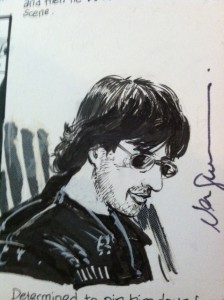
From Eddie Campbell’s Alec.
I met him again for a few minutes, at the signing. He took a short break to meet someone backstage just as it was my turn, and I spent time talking to the lovely Lauren Cook, who was one of Neil’s Elves, working to make the signing events go smoothly. She talked about how much they had to travel and some of the logistical challenges – as an example, they had to remove the table-cloth from the signing table because the big books (like the Absolute Sandmans that some brave souls lugged with them, or its Big Daddy, the Annotated Sandman) did not slide too well on the table and it was slowing down the process. After a while, Neil came back, and took off his jacket, revealing himself to be wearing a black t-shirt underneath. Making sure his pen was sharp and inky, he signed my books. I told him about my day, and he smiled, looked up, and said: “But you are finally here, and that is a good thing.” I told him why the only personalized copy of Ocean was not for me. I wanted to tell him about the story behind my copy of American Gods when he was signing it, but did not want to take more of his time. Just as I was taking the books back, he asked me if I wanted my Eddie Campbell page signed. “Because I kept you waiting”, he added.
Neil Gaiman did to me what he did to every single person in that auditorium. And I can say this with certainty – even though I did not stay back till the end of the signing – because I could see it in the happy, goofy smiles on the face of every one person who came down from the stage that evening. Neil Gaiman Made My Day.

